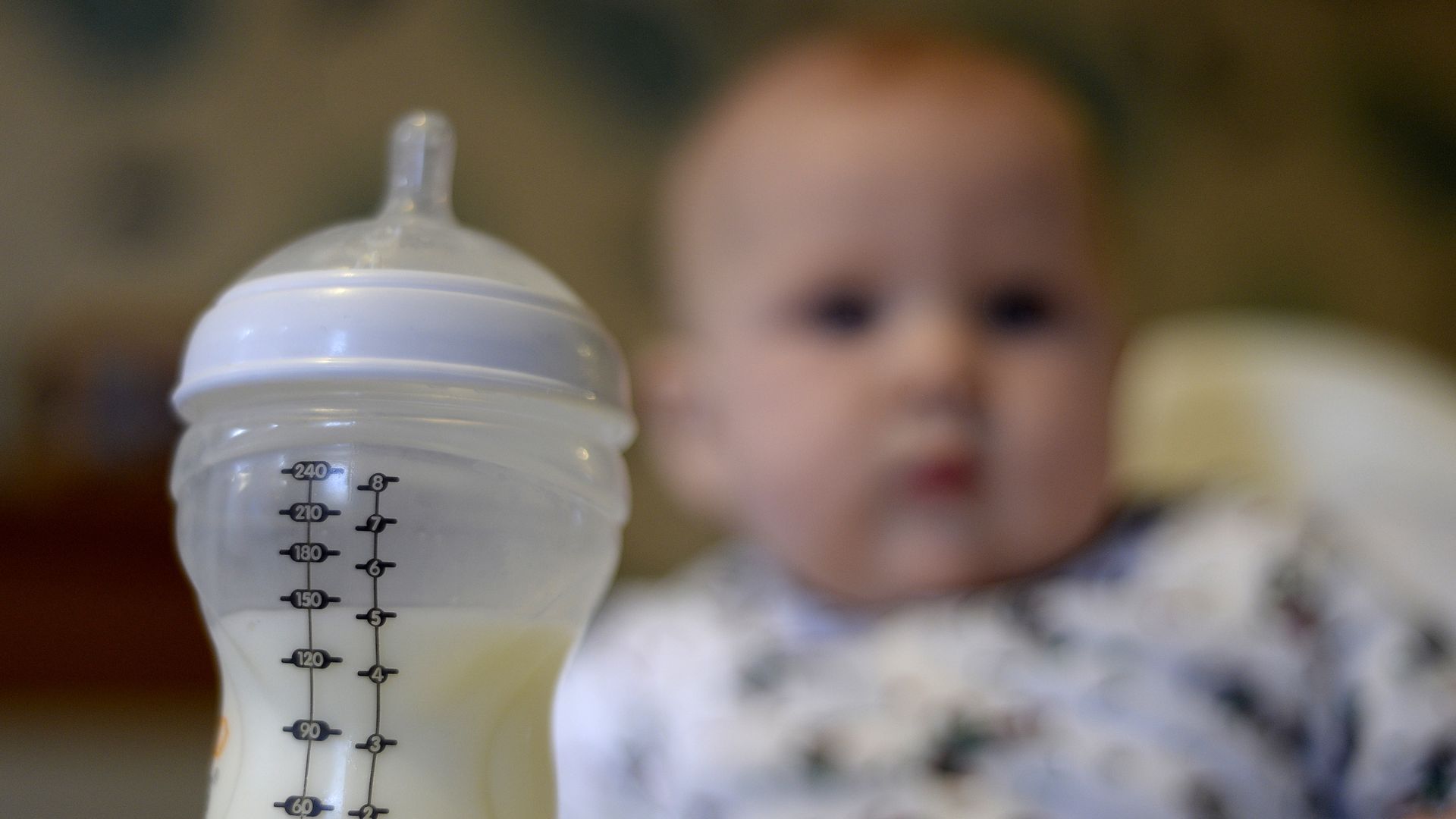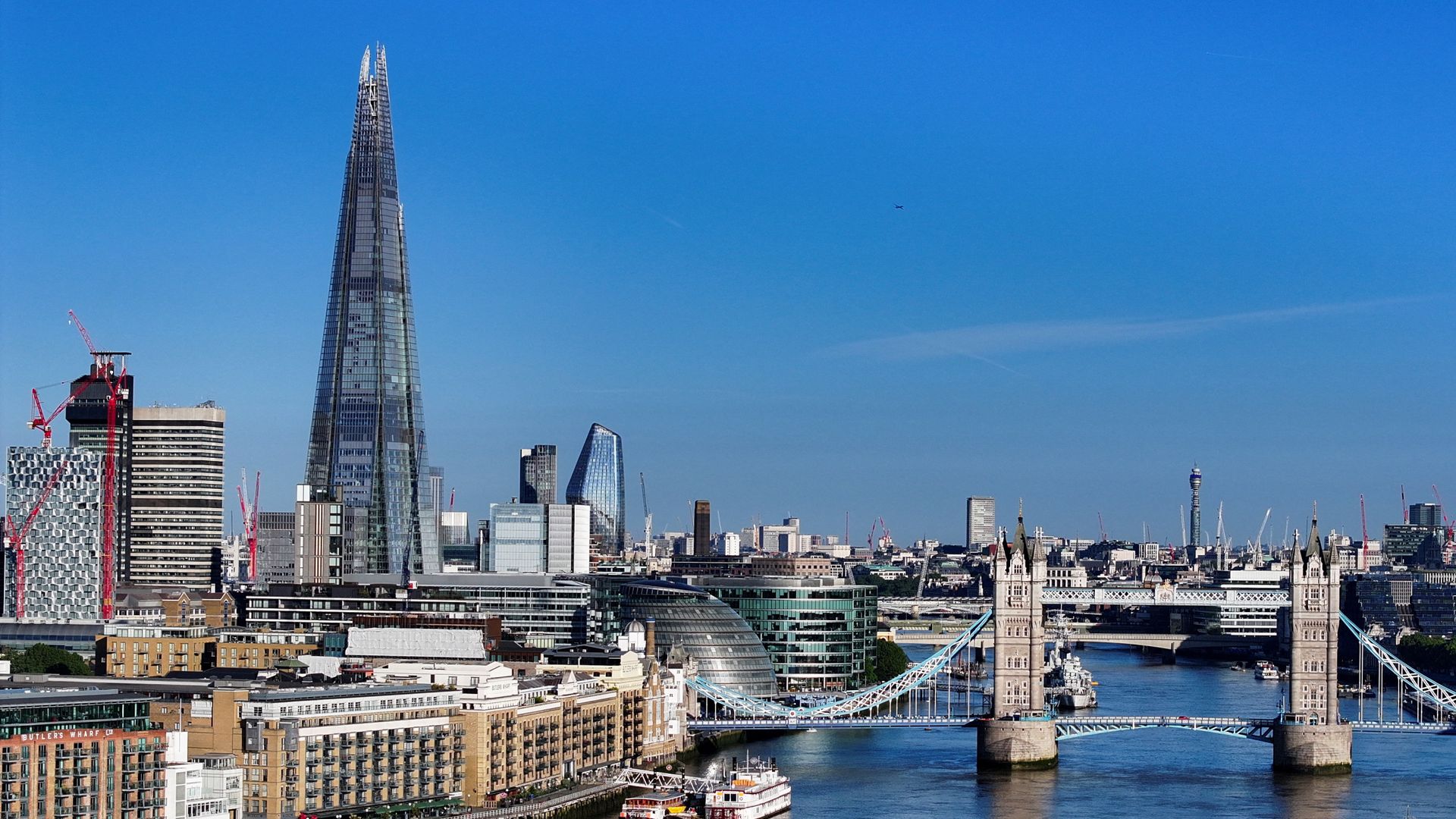
Before dawn, in the solitude of his upstairs room, Anil Ambalal Patel prepared to say a last goodbye to the couple who had brought love back into his life.
Lingering in his bed, the city around him still asleep, he stared at the two faces on his phone screen: his son, Harshit, and his daughter-in-law, Pooja. He stared and stared, and then moved the phone close to his lips, giving each forehead a kiss.
They were gone now, and what little joy he had finally found after years of hardship was gone, too. On this day, he would be with them once more as he scattered their ashes in the Narmada River, at the junction where three streams meet.
Twelve days earlier, Mr. Patel, a 60-year-old widower who works for a security company in Ahmedabad, India, had wished Harshit and Pooja safe travels after they spent two weeks with him on a surprise visit from Britain, where they had moved in search of a better life. And then suddenly they were taken from him, killed along with 239 others when Air India Flight 171 crashed soon after it took off on June 12 and burst into an inferno.

“They were my everything,” he said of the couple in an interview. “They were my support.”
In its vast sprawl, in its deep inequality, India can feel like a pit that swallows people like the Patels — the poor, the aspiring — and renders them nameless, numbers rounded off in a nation of 1.4 billion people.
They face enormous odds as they try to rise from poverty to the middle class, and their quest is often solitary, as family members travel in search of jobs. For Mr. Patel, the deaths of Harshit and Pooja snuffed out a dream of economic mobility and familial community in an instant.
‘I Loved Uma’
Born poor in a country still divided by caste and class, Mr. Patel never got a proper education beyond basic literacy. He made do by working hard, moving from town to town in search of odd jobs. In 1990, he married Uma, a woman with lucid eyes, a meticulous routine and more education than he had. They raised two children: a daughter, Radhi, and Harshit.
In the face of constant dislocation, Mrs. Patel kept the family together. Her mornings were taken up by prayer, housework and preparing children for school. Her afternoons were dedicated to catching up on the news.
“She never missed reading the day’s newspaper,” Mr. Patel said. “She would discuss with me all that she read when I came back in the evening.”
The family settled in Ahmedabad, the largest city in the state of Gujarat, where Mr. Patel worked as an auto-rickshaw driver. After an accident that left him unable to drive, he found a job as a security guard and then a security supervisor. Radhi had married already and lived with her husband. Harshit got a job, first at a call center and then at a ceramics company, to help out.
A few years ago, Mrs. Patel was diagnosed with advanced breast cancer. Mr. and Mrs. Patel scrambled to borrow thousands of dollars for her treatment, with Mr. Patel often skipping work to stay by her side. But it was too late. On the day that turned out to be her last, Mrs. Patel insisted that she was feeling better and that he return to work.
“I loved Uma a lot,” Mr. Patel said. She died at age 48.


Father and son chipped away at paying back the loans. They shared a flat, with Mr. Patel’s elderly mother occasionally visiting them.
That was when Pooja came into Mr. Patel’s life. Harshit met her at work. In Gujarat, which is still deeply conservative, dating and marriages that are not arranged are rare — especially matches between people from different caste, religious, and, in the case of Harshit and Pooja, ethnic backgrounds. Harshit was Gujarati and Pooja was Marathi, her family hailing from the neighboring state of Maharashtra.
Pooja’s parents expected to arrange a marriage for her, so she and Harshit had to carry on a secret romance. They took holidays together, not divulging their plans even to their closest friends. When Pooja needed a pretext to travel, she would give her parents a signed letter from Harshit and say it was from her office manager.
Six years ago, the couple went to a marriage registration office and married. Then they flew to the coastal state of Goa and stayed for 12 days. After Pooja’s family cooled off, they held a small function to share the news with relatives.
Mr. Patel’s house was no longer lonely after his new daughter-in-law moved in.
“The day Pooja came to our house, she brought peace,” Mr. Patel said.
Harshit was reserved, but Pooja loved dancing and was always the life of the party. Mr. Patel was so enamored of her, and so grateful for her company, that he came to believe she possessed miraculous healing powers. At one point the baby daughter of Pooja’s cousin had an ailment in which water constantly ran from her eyes.
“Pooja ran her hand over her head,” Mr. Patel recalled. “The next day, the baby’s eyes stopped watering.”
During their time living with Mr. Patel, Harshit and Pooja went out for long dinners at rooftop cafes with Harshit’s school friend Foram Gohil and her husband, Rajveer Gohil. The couples took so many trips together that their shared WhatsApp group has over 2,000 photos. Ms. Gohil was afraid of flying but Harshit loved planes, so they compromised when they traveled: one way by air, one by train.

But Harshit and Pooja wanted more. Seeing little opportunity for economic advancement, they soon moved out of Mr. Patel’s home and away from him and their friends.
Pooja, by all accounts a stellar student, became their ticket to a middle-class life. She got into an M.B.A. program at De Montfort University in Leicester, England, and Harshit went along on a spouse visa. The families pooled together loans to pay for it.
The couple encouraged Mr. Patel to move in with Pooja’s parents, whose home in Ahmedabad had a room on the roof that they rented to tenants. Mr. Patel joined them downstairs for his meals.
In Leicester, Pooja spent her days studying while Harshit picked up delivery gigs. After Pooja graduated, the couple planned to stay in Britain for a couple of years to work and pay off their loans.
Last month, they made a surprise trip home to India. They joined Mr. and Ms. Gohil for dinners that dragged late into the night, like the old days. And they got a fast-track passport for the elder Mr. Patel so he could visit them occasionally until they moved back full time.
Days of Waiting
On the day of their flight back, they video-called Mr. Patel from the boarding gate. From their seats, they sent a selfie video to the couples’ WhatsApp group.
Harshit, who was holding the camera, said, “Bye-bye, Foram and Rajveer.” Pooja, wearing glasses with large frames, pouted, waved and sent a kiss.
When Mr. Gohil heard that the plane had crashed so soon after takeoff, he felt sure it was a minor accident and his friends would walk out fine.
“When we find them, we will take their passports and slap them so hard they will forget about taking any more flights,” he remembered his wife telling him.
He called Mr. Patel, who climbed down from his upstairs room to watch the flames on TV with Pooja’s parents.
Within hours, hopes dimmed. There was only one survivor, in Seat 11A, his escape a miracle. The rest of the passengers were declared dead.
For the next five days, Mr. Patel waited numbly in Ahmedabad Civil Hospital while the authorities conducted DNA testing to identify bodies. He and Pooja’s father, Ashok Vamanrao Mate, gave samples of their blood for DNA testing.
Outside the heavily guarded morgue, hundreds of grieving family members fluctuated between horror and disbelief, even as some clung vainly to hope. One man had walked out of the wreckage — just like that. Was it so unreasonable to wish for miracles still?
On the third day after the crash, Mr. Patel received a phone call that Harshit’s body had been identified. Pooja’s still had not. He resolved to stay until he could take both of them home. He understood the enormity of the task that was underway, but was losing patience at how impersonal the situation had become and how inconsiderate the bureaucracy was.


As he waited in the heat and rain, Mr. Patel often sank into himself, his large frame slouched and lost. Then he would pick himself up again, dragging himself to check in with the authorities. Though he was accompanied by relatives on most days, he seemed to find little peace, repeating to strangers that his wife had died of breast cancer and that he had no one left. That he was alone now.
His solitude was not merely physical. Many in Mr. Patel’s extended family had ascended to the middle class and no longer had to travel to find work. Frequent dislocation meant his life centered on tighter circles — his immediate family and a small number of friends who understood the hardship and uncertainty he had faced.
“Whoever has been close to me, God has taken them away,” Mr. Patel said one day, in tears. “Uma was close to me. God snatched her away. Radhi was close. She married and left. Harshit and Pooja were close. Now they are also gone.”
Mr. Patel didn’t want to eat, so his close friend Rajesh Vaghela made sure he visited the food truck set up by volunteers.
“Pooja’s parents are already sick and in the house,” he said. “If he also falls sick, who will take care of everything?”
On the fifth day, Pooja’s body was finally identified. Her father returned for the first time since submitting his DNA sample. He and his wife had both been bedridden with shock. Mr. Patel’s daughter, Radhi, came with her husband. The Gohils came, too.


The group had to stop at various desks to receive the postmortem report, to accept the death certificate. Government officials recorded each transaction on video, often asking the families to pose for the cameras, as if they were receiving graduation certificates.
At one stop, the parents were given a consent form saying they could choose to be notified if more remains were found. Mr. Patel broke down when Mr. Vaghela read the form to him.
“No, please,” he said. “Just give us what you have. Put us out of this misery. This is enough.”
The family was then allowed into the room where the remains were kept. Mr. Patel had brought photographs of Pooja and Harshit, and they were pasted on the closed coffins. As officials continued taking photographs, Mr. Patel tearfully hugged and kissed the coffins.


A police van led the way for the two ambulances that carried the bodies home. About 100 people gathered near the house to see them before they were cremated. Pooja’s mother, Chanda, fainted when she saw her daughter’s coffin.
Later, at the crematory, the ashes were brought out and handed to Mr. Patel — first Harshit’s, then Pooja’s.
Pointing to the containers, Mr. Patel said, “They’ve left me only this.”
The Banks of the Narmada
The city was just waking up as Mr. Patel left home with the ashes.
The final Hindu rites would be on the banks of the Narmada River, where the ashes of Mr. Patel’s wife, mother and father had also been scattered. During the three-hour taxi ride to the river, Mr. Patel, who had shaved his head as part of an earlier funeral ritual, kept the bag of ashes close to his chest.


It poured all morning. After some initial prayers inside a small temple, the family made their way down the slope to the river. The skies above were dark gray, the water muddy.
The priest recited a prayer, and Mr. Patel’s son-in-law poured the ashes out of their clay urn into the river. Mr. Patel, his head bent, brought his folded hands to his face for a gentle prayer before walking back.
During a five-hour ceremony at a temple, the priest asked for names — Harshit’s mother’s name, her mother’s name and so on. “They are sending him to three generations of our ancestors,” said Mr. Patel’s brother, Rohit, a retired school principal.
The final prayers were said. The mounds of rice and the neat arrangements of marigolds, traditional parts of Hindu funerals, were dismantled and lapped into buckets. Mr. Patel gently sobbed in a corner.

“I will miss Pooja a lot,” Mr. Patel said, tearing up. “If she found out I hadn’t eaten or hadn’t come home in time, she would call me to inquire after me.”
In the days since the loss, Mr. Patel’s routine hasn’t changed. But its loneliness feels more permanent.
After brushing his teeth over the rooftop sink each morning, he still goes downstairs to have breakfast with Pooja’s parents. Most evenings, he gets home from work by 8 p.m. and joins Pooja’s parents for dinner. He finishes the night by watching a movie on his phone, a habit he started after his wife died.
“I fall asleep watching it,” he said.
As compensation for their losses, Air India has given about $30,000 to each family affected by the crash and promised another $120,000. Mr. Patel is still thinking about what he will do with his share of the money. Perhaps buy a small flat near his daughter.
He is certain of this much: He will start an education fund for Pooja’s 6-year-old niece, who was born the year Harshit and Pooja married.
“So she can get her education,” Mr. Patel said. “And when she grows up, she can have a complete life.”

Atul Loke contributed reporting.










-3.png)



